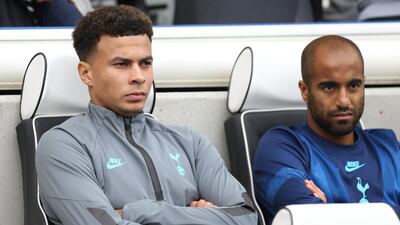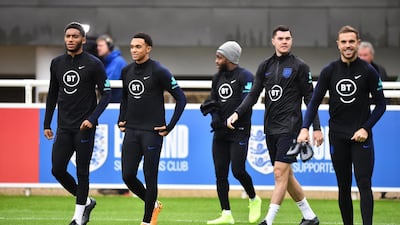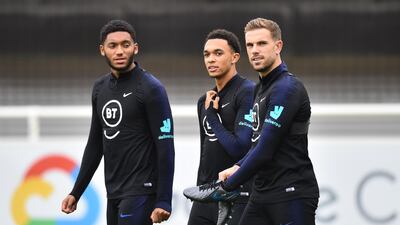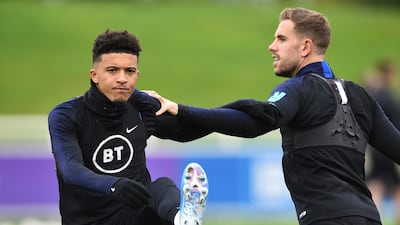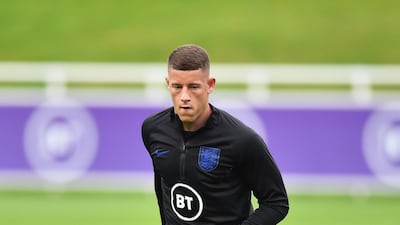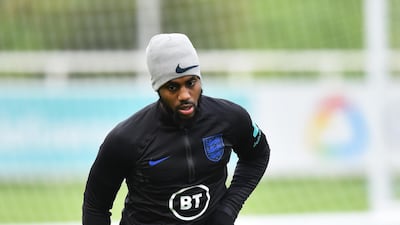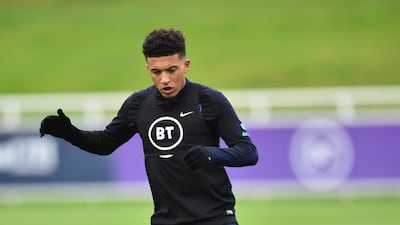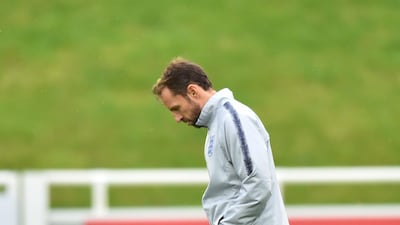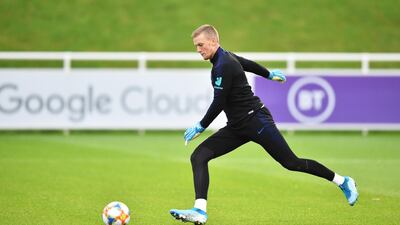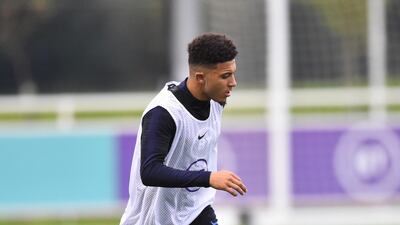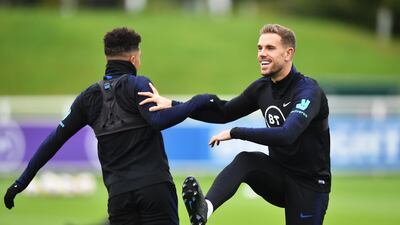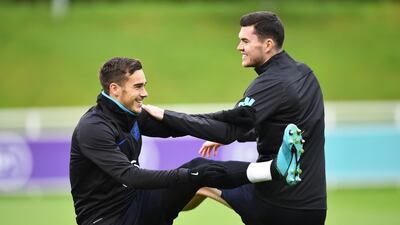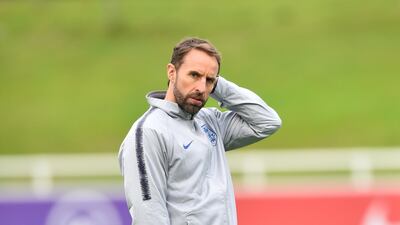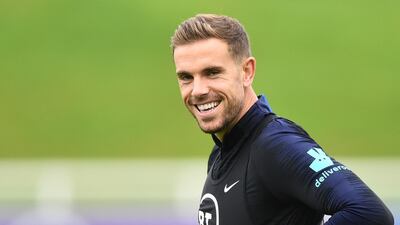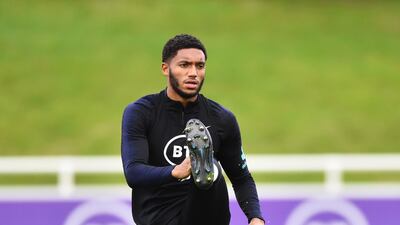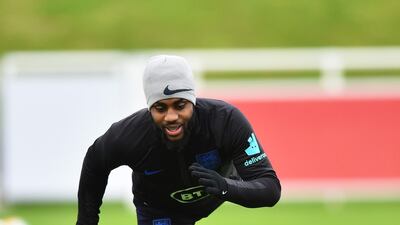It was intended as a compliment to Alex Oxlade-Chamberlain. It was six weeks ago, when the Liverpool midfielder had been recalled to the England squad for the first time in 17 months and since a cruciate ligament injury had cost him a glorious summer for club and country.
“I think we have been quite clear that he would have been in the starting 11 for the World Cup,” Gareth Southgate said. He did not say at whose expense, but the spring of 2018 offers clues.
England had switched to 3-5-2. They had beaten Holland and drawn with Italy with Oxlade-Chamberlain and Jesse Lingard as the hard-running No. 8s and Dele Alli on the bench.
Come the World Cup three months later and Alli was starter, quarter-final scorer and semi-finalist. Yet that spring double-header forms the backdrop to his plight now.
Southgate’s current squad to face Czech Republic and Bulgaria contains no Oxlade-Chamberlain, no Lingard and no Alli. Southgate cited the need for a meritocracy.
Each has been impeded by injury this season and, after a hamstring problem, Alli has only made four appearances.
That they came against Arsenal, Olympiacos, Colchester and Bayern Munich underlines the reality they have been unsuccessful. His surprise selection against the German champions backfired in a 7-2 shellacking.
That lack of sharpness and successful first-team football makes his exclusion understandable. And yet revisiting the past suggests Southgate has always harboured doubts about Alli. “He’s got a fight on his hands at his club,” said the England manager last week.
The signings of Tanguy Ndombele and Giovani Lo Celso, coupled with Tottenham’s inability to sell Christian Eriksen and the way Heung-Min Son and Lucas Moura kicked on last season, have brought congestion in the competition for attacking-midfield positions.
Yet rewind to 2018, when he was benched by Southgate, and Alli’s stock was altogether higher. The Frank Lampard comparisons did not seem as unrealistic. He was the double PFA Young Player of the Year, twice voted a member of its team of the season. He was following a 22-goal campaign with a 14-goal year. A disproportionate number of those goals came against elite opponents. And still he was omitted.
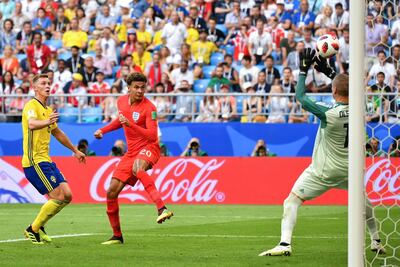
Fast forward to today and the context has changed, along with Southgate’s system. Alli’s star has waned. There may be more candidates, and fewer automatic choices, for the roles as the No 8s than any other part of the team.
Jordan Henderson has been reinvented as a box-to-box runner and, with the reduction in defenders from five to four, there is really only one spot for an attacking midfielder.
Ross Barkley, who has had a fine year in his country’s colours, is the best ball carrier. Harry Winks is the closest thing to a playmaker that England possess. James Maddison promises most creativity. Mason Mount brings the blend of youthful momentum and goals that were once Alli’s hallmark. Ruben Loftus-Cheek is still to return from injury.
Oxlade-Chamberlain and Lingard, two Southgate favourites, offer a similar skillset to Alli. There scarcely seems room for all in the squad and Lingard, unlike Alli, tends to perform better for country than club.
His return of three goals in 37 caps is underwhelming, though Raheem Sterling had an inferior return recently and became prolific.
However, the potency of England’s front three reduces the reliance on the midfielders to score. It has long been a question if Alli’s all-round game has improved enough. Back in the spring of 2018, even when he was benched, Southgate guaranteed him a spot in the World Cup squad.
Now it is easier to envisage him being omitted for Euro 2020. “The last 12 months has been frustrating for him,” Southgate said. He was referring to injuries, but the next nine months could bring a different sort of frustration.
